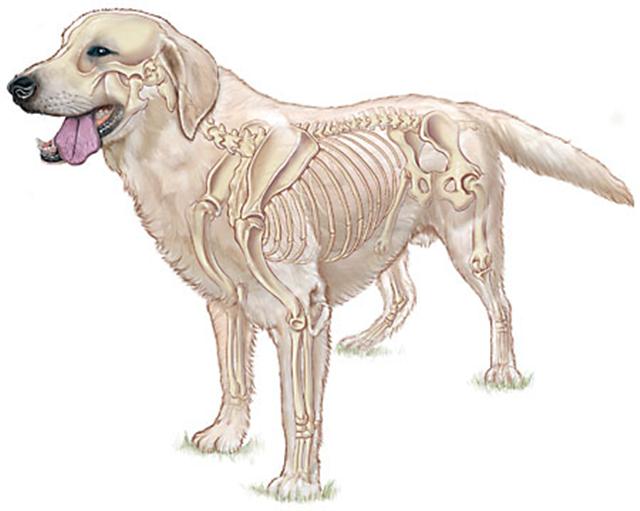HELPFUL TIPS FOR A HAPPY AND HEALTHLY DOG:
Worming:
PUPS: should be wormed every 2 or 3 weeks
up until they are 12 weeks of age. Make sure the product is
specifically designed for young pups and produced by a reputable manufacturer
eg. Drontal or Paragard.

Fleas:
Fleas are a problem here on the
If your pet spends time inside your house
then regular vacuuming of floors and carpets is essential to control fleas.
Heartworm:
Time taken between becoming infected and
showing symptoms can vary depending on the level of infection, but in some
cases the symptoms can be evident within the first 2 or 3 years of the dog’s
life.
Treatment once the dog has heartworm can be
expensive, lengthy and more importantly, it can be debilitating to the health
of the dog.
Fast and inexpensive blood tests are now
available that can be performed during a veterinary consultation to determine
the heartworm status of your pets.
Heartworm is spread by mosquitoes – so just
because your pet doesn’t mix with other pets, doesn’t mean it will be safe
without preventative medication.
Heartgard
– once a month tablet. Does not treat common intestinal worms and an additional
worming treatment is necessary.
Proheart
– SR 12 injection – this is a once a year injection that protects against
heartworm. Does not treat for intestinal worms and an additional worming
treatment is necessary.
Interceptor
– once a month tablet preventing heartworm and intestinal worms. Except
tapeworms. An additional treatment for tapeworms is required every 3 months.
Sentinel – same as with Interceptor but it also sterilizes fleas and prevent flea eggs hatching in your yard.
Whatever your requirements seek advice from
your vet as to what will best suit your lifestyle and your pet.
DOES
MY PET NEED A CHIROPRACTOR?
Appear lethargic?
Have
trouble getting up or lying down?
Tire
more easily than it used to?
Play
less than it used to?
Yelp
or whimper sometimes?
Put
off going to the toilet for as long as possible?
Avoid
you grooming part of its body?
Have
trouble getting comfortable at rest?
Have
trouble sitting “square” or sits with legs to one side?
Limp?
Lick
or chew a particular area of its body?
Have
a skin allergy problem?
Has
your pet stopped stretching front and back when it gets up?
Is
your pet reluctant to jump up or down, in / out of the car, on / off furniture
etc.
